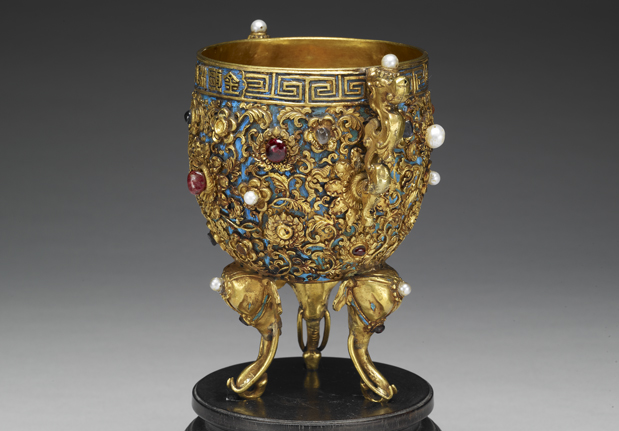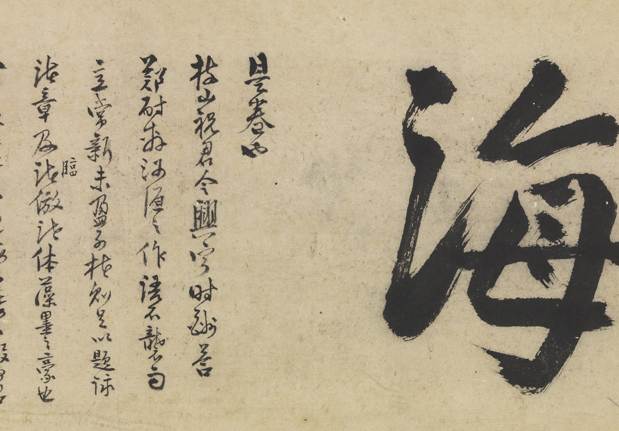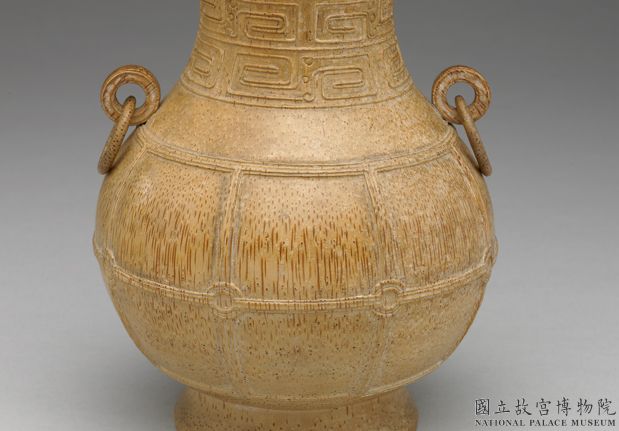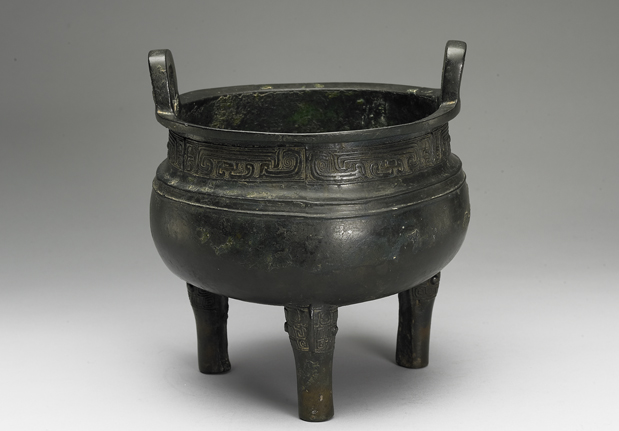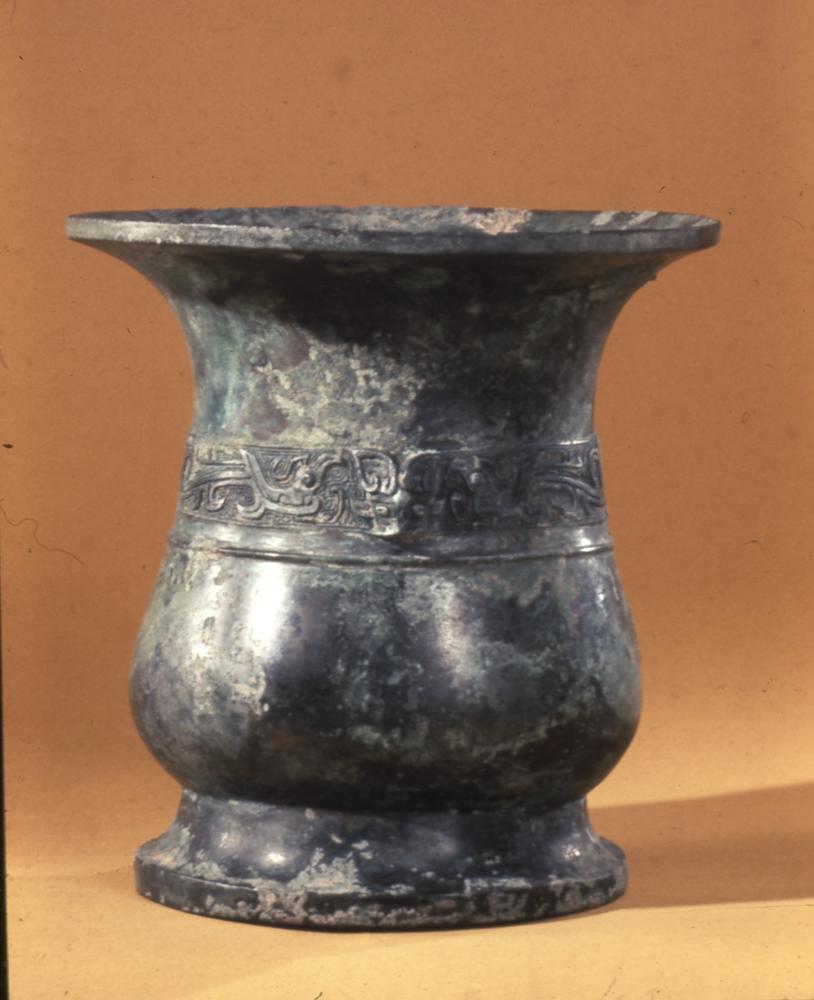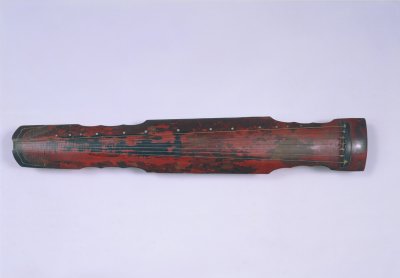Period:Unknown Production date:2500BC-2000BC
Materials:jade
Technique:bevelled, cut, polished, drilled,
Dimensions:Length: 20.70 centimetres Width: 5.40 centimetres
Description:
Chisel-shaped tablet of opaque yellow jade with brown speckling and veins with soft gloss finish.
IMG
![图片[1]-tablet BM-2022-3034.77-China Archive](https://chinaarchive.net/Unknown/Jades/201_.jpg)
Comments:The flat slightly convex surface flares gently towards the bevelled and straightened cutting edge with the butt end cut straight across and polished smooth. One biconical perforation slightly off-centre and a smaller similar perforation closer to the butt end. Shang. This ceremonial blade consists of a rectangular tablet, slightly flared at the end with a flat edge. Both sides are strongly bevelled, sloping towards this edge. There are two holes drilled from both sides near the butt, which is cut straight and polished smooth. Tablets of this form seem to have their sources in both chisel-like stone implements and elongated axes. Examples of the Songze period have been found at Beiyinyangying near Nanjing. None of the stone implements from Dawenkou is as elongated as the present blade. However a slightly shorter blade is a similar colour. A blade from Shandong Rizhao Liangchengzhen comes closest in shape to the present piece. The shape survived into the Erlitou period, but by that stage the cutting edges were less finely bevelled. See Rawson 1995, p.182, cat.no.10.15.
Materials:jade
Technique:bevelled, cut, polished, drilled,
Dimensions:Length: 20.70 centimetres Width: 5.40 centimetres
Description:
Chisel-shaped tablet of opaque yellow jade with brown speckling and veins with soft gloss finish.
IMG
![图片[1]-tablet BM-2022-3034.77-China Archive](https://chinaarchive.net/Unknown/Jades/201_.jpg)
Comments:The flat slightly convex surface flares gently towards the bevelled and straightened cutting edge with the butt end cut straight across and polished smooth. One biconical perforation slightly off-centre and a smaller similar perforation closer to the butt end. Shang. This ceremonial blade consists of a rectangular tablet, slightly flared at the end with a flat edge. Both sides are strongly bevelled, sloping towards this edge. There are two holes drilled from both sides near the butt, which is cut straight and polished smooth. Tablets of this form seem to have their sources in both chisel-like stone implements and elongated axes. Examples of the Songze period have been found at Beiyinyangying near Nanjing. None of the stone implements from Dawenkou is as elongated as the present blade. However a slightly shorter blade is a similar colour. A blade from Shandong Rizhao Liangchengzhen comes closest in shape to the present piece. The shape survived into the Erlitou period, but by that stage the cutting edges were less finely bevelled. See Rawson 1995, p.182, cat.no.10.15.
© Copyright
The copyright of the article belongs to the author, please keep the original link for reprinting.
THE END
